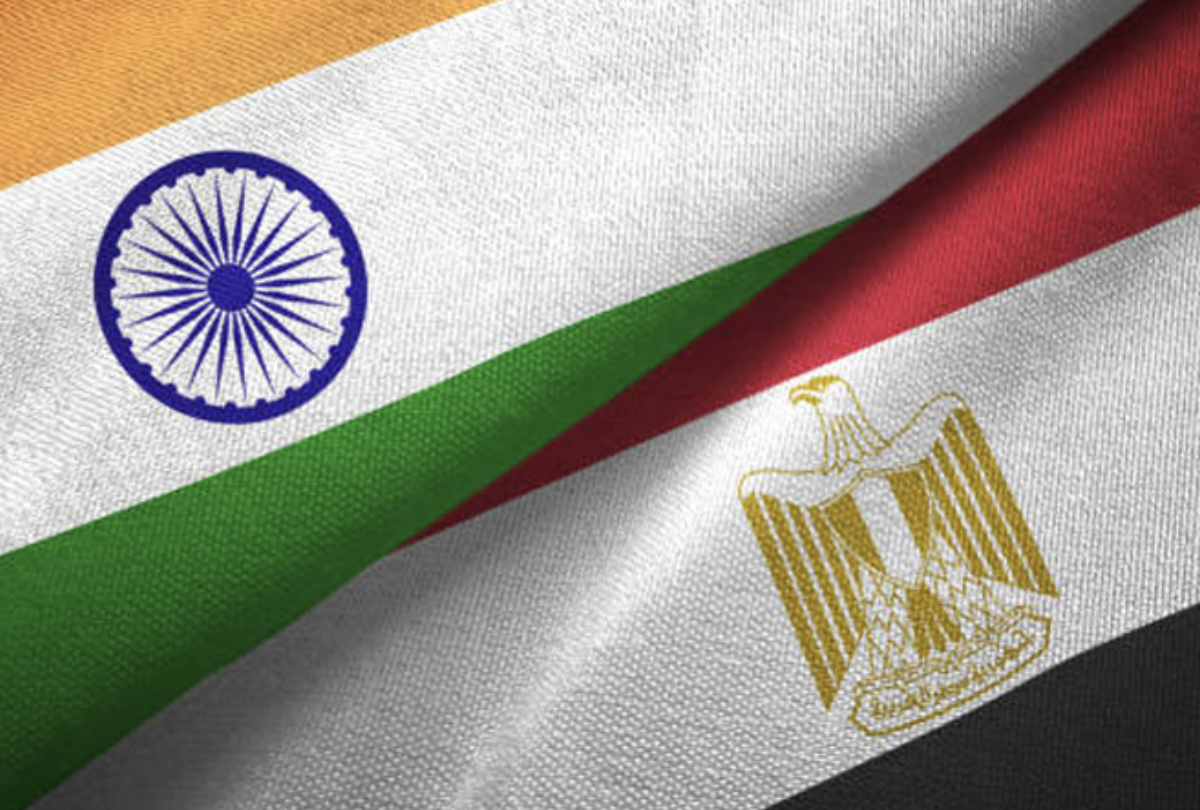India is exploring the possibility of implementing barter trade with Egypt as part of credit line discussions. Barter trade involves the direct exchange of goods or services without the use of money as a medium of exchange. With Egypt facing a severe economic crisis due to various factors, including the COVID-19 pandemic and global food shortages, India aims to extend a credit line of $3 billion to assist Egypt in meeting its import commitments.

The Economic Situation in Egypt
Egypt is grappling with a critical economic situation, as its foreign exchange reserves have significantly declined.
The country is struggling to meet its import obligations due to a combination of factors, including the ongoing COVID , the Russia-Ukraine conflict, and the global food crisis. These challenges have necessitated external assistance to stabilize the economy.
India’s Proposal: Credit Line and Barter Trade
To aid Egypt in overcoming its economic crisis, India is considering extending a credit line of $3 billion. In return, India proposes engaging in barter trade with Egypt. This would involve exporting goods and services to Egypt in exchange for Egyptian goods and services, thereby bypassing the need for monetary transactions.
Advantages and Disadvantages of Barter Trade
Barter trade offers several advantages, including mitigating the risks associated with currency fluctuations, fostering economic cooperation between countries, and reducing trade barriers.
Prospects for India-Egypt Economic Cooperation
India serving as Egypt’s largest trading partner in South Asia, and Egypt reciprocating as India’s largest trading partner in Africa. The two nations possess complementary economies, offering significant potential for further collaboration.
Conclusion
The proposal for barter trade between India and crisis-hit Egypt, coupled with the credit line extension, represents a positive development. This initiative has the potential to alleviate Egypt’s economic challenges while fostering closer economic ties between the two nations.
